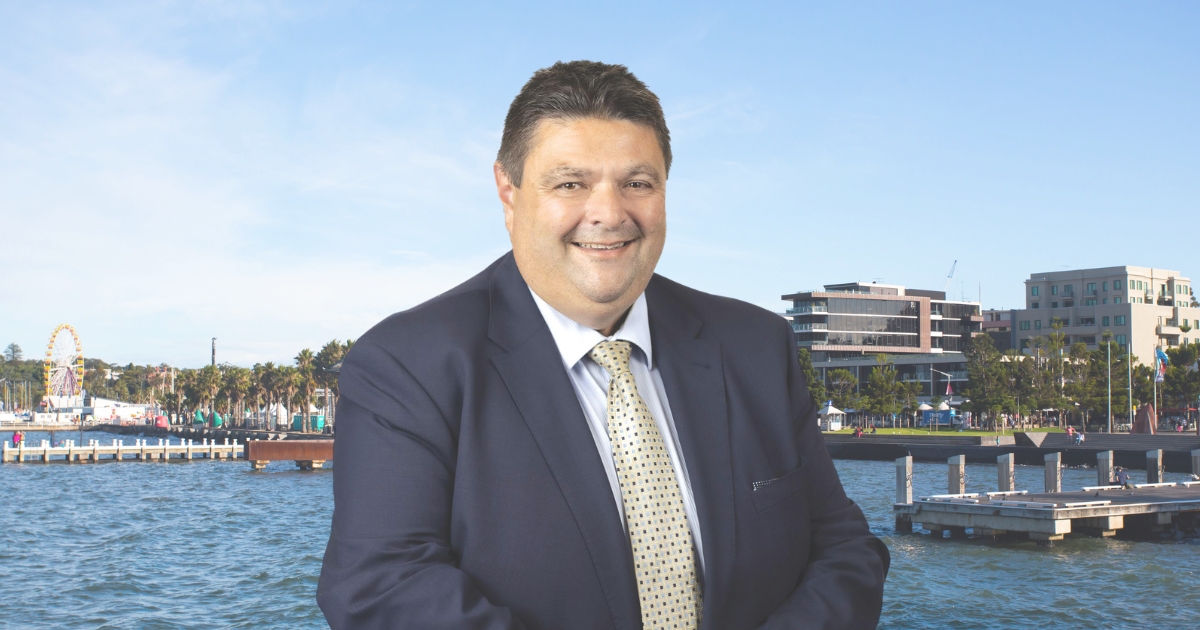Survey reveals insight into Geelong’s health

Results from the Geelong Preventative Health Survey show opportunities and challenges within the community. Photo: CITY OF GREATER GEELONG
RESULTS from the 2024 Geelong Preventive Health Survey were released on Wednesday this week, revealing the health and wellbeing needs of the municipality.
The findings, launched by Geelong mayor Stretch Kontelj and Dr Norman Swan at the Geelong Library and Heritage Centre, will provide a base for the city and other organisations to make informed decisions on infrastructure, initiatives, programs and advocacy.
The data measures trends for several key health indicators including healthy eating, physical activity, mental health and alcohol consumption.
The findings included:
- 78 per cent of the community report high satisfaction with their lives
- 49 per cent report good, fair or poor health
- Residents are fairly active with 65 per cent meeting physical activity guidelines
- 20 per cent are classified as sedentary
- 25 per cent are lonely (slightly higher than the Victorian average of 23 per cent), with much higher levels for people with disability (61 per cent) and young people (60 per cent)
- Fewer residents (13 per cent) are experiencing high to very high psychological distress following an increase during COVID (20 per cent in 2021)
- 20 per cent of people are worried about having enough money to buy food, while eight per cent have run out of food and can’t afford more
- Almost one in five are at risk of lifetime harm from alcohol
- Take-away consumption habits appear to be returning to pre-COVID levels, with 16 per cent eating it more than weekly, down from 20 per cent in 2021
- 18 per cent of community members do not feel safe in their area.
Cr Kontelj said the data would help the City of Greater Geelong better understand the health inequities that exist across the municipality.
“The survey provides us with robust, statistically representative health and wellbeing data for the local population, uncovering both opportunities and challenges for our community.
“The small area data highlights health inequities and disparities between suburbs, supporting place-based approaches to improving health and wellbeing.”
The anonymous survey, commissioned by the city every three to four years, was carried out between August and September last year and included more than 2,000 people.
Disability Access and Inclusion portfolio deputy chair Cr Elise Wilkinson said while some indicators for health and wellbeing have improved, others have declined.
“We have valuable and up to date insights into how older adults, people with a disability, LGBTQIA+ communities and people who speak a language other than English are fairing and how they can be supported.”
Cr Kontelj thanked Dr Swan and representatives from local organisations who offered their knowledge and attended the launch.
For more information on the figures behind the Geelong Preventive Health Survey, head to geelongdataexchange.com.au/pages/survey-data

















